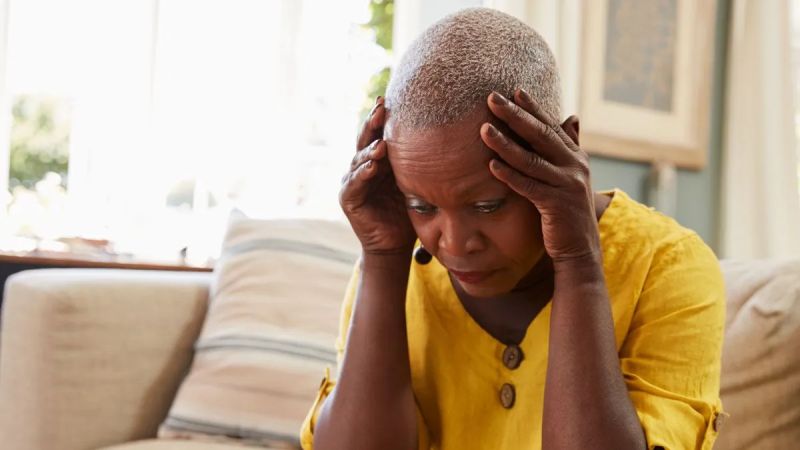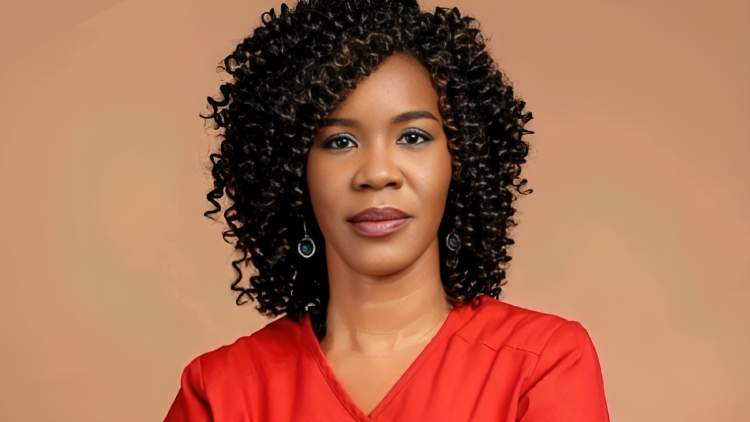Miriam Mutebi shared on LinkedIn:
“Breaking bad news to cancer patients is one of the most challenging responsibilities, we face as oncologists and the oncology workforce.
In Africa, where resources are limited and cultural contexts vary, delivering this news with compassion and care is essential. Here’s how we approach these conversations, knowing it’s not a one-time event but an ongoing process throughout the patient’s journey:
➡Prepare Thoughtfully: Before meeting a patient, we ensure we have all the details about their diagnosis and treatment options. We anticipate their emotional responses, so we’re ready to address their concerns with the sensitivity the moment demands. This preparation helps serve as a guide through subsequent discussions.
➡Create a Safe Space: We choose a private, calm setting for these discussions. The right environment helps ensure confidentiality and allows the patient to feel more comfortable and open.
➡Lead with Empathy: Our approach is rooted in compassion. We begin by acknowledging the gravity of the situation and offering our full support. Reassuring the patient that we will be with them every step of the way is critical in helping them feel less alone.
➡Communicate Clearly and Gradually: We avoid overwhelming the patient with too much information at once. When patients hear the word ‘cancer,’ their minds often go blank, and they may struggle to absorb additional details. We initially provide a broad overview, breaking down information over several follow-up visits. This allows them to process each step in manageable chunks.
➡Observe Reactions: Patients need space to react – whether to process shock, disbelief, or anger. These emotions are natural, and call for a calm, supportive presence, remaining attentive to their emotional journey.
➡Offer Emotional Comfort: Beyond clinical details, we provide patients reassurance, understanding it takes time to come to terms with a cancer diagnosis, and that we are there to validate their feelings.
➡Discuss the Path Forward in Steps: Discussing treatment options and ‘next steps’ can’t all be covered in one conversation. So, we outline the broad plan initially, revisiting specific details over time as the patient becomes more comfortable and ready to absorb them. Each follow-up visit is an opportunity to explore the next stage in their treatment.
➡Involve Loved Ones: When appropriate, we include family members or caregivers in the conversation, recognizing their critical role in decision-making and emotional support.
➡Provide Resources: Patients must have access to the right support systems, including counseling and support groups. We offer these resources over time, knowing that different phases of treatment bring different needs.
➡Plan for Ongoing Follow-Up: Regular follow-up visits must be scheduled to address new questions, provide updates on treatment, and offer continued support. Ongoing check-ins ensure that a patient feels informed and cared for every step of the way.

Source: Miriam Mutebi/LinkedIn
More posts featuring Miriam Mutebi on oncodaily.com
Miriam Mutebi is a Breast Surgical Oncologist and Assistant Professor in the Department of Surgery at the Aga Khan University Hospital in Nairobi, Kenya. She is the President of the African Organization for Research and Training in Cancer (AORTIC), and past president for Kenya Society of Hematology and Oncology (KESHO) and on the Board of Directors of the Union for International Cancer Control (UICC).
She is the co-founder of the Pan African Women’s Association of Surgeons and is part of the Kenya Association of Women Surgeons. She is an avid supporter for the education and support for women, especially in surgery and she aims to provide mentorship for women in surgery and to improve women’s health and surgical care in Africa. She is currently pursuing a pilot’s license in order to extend breast care services to marginalized areas.


